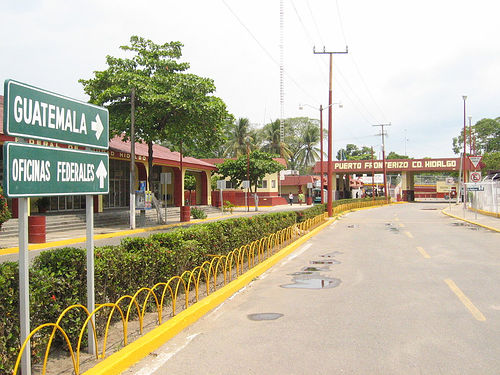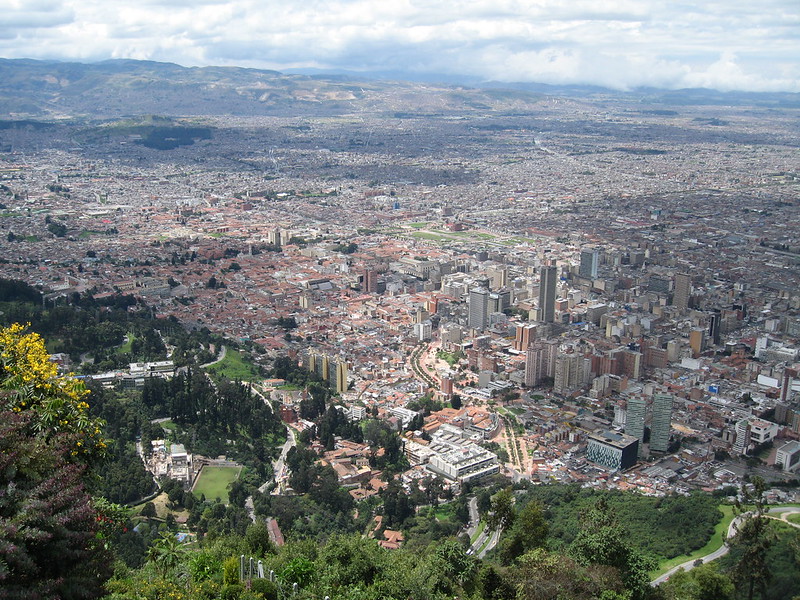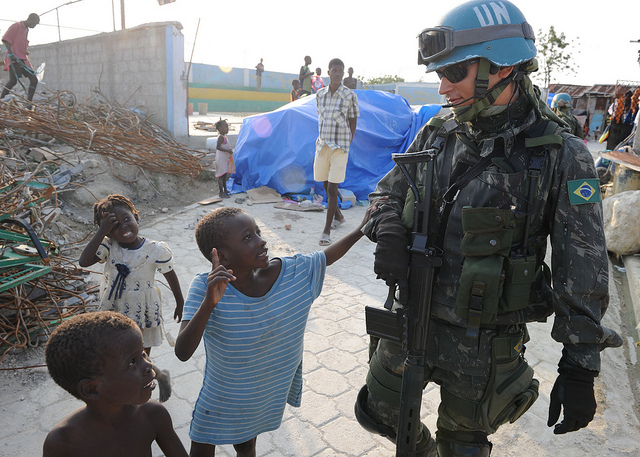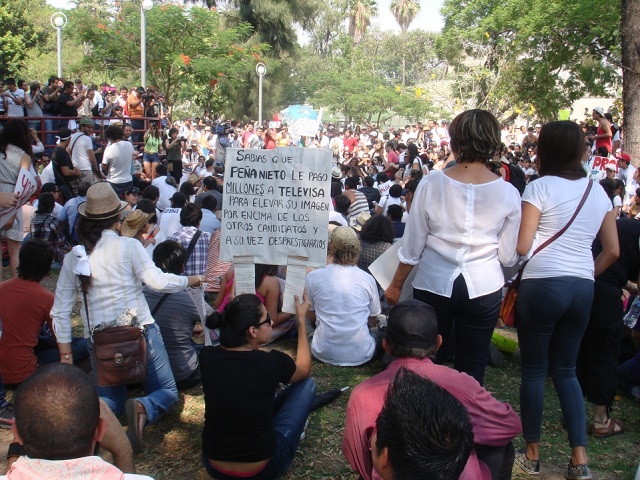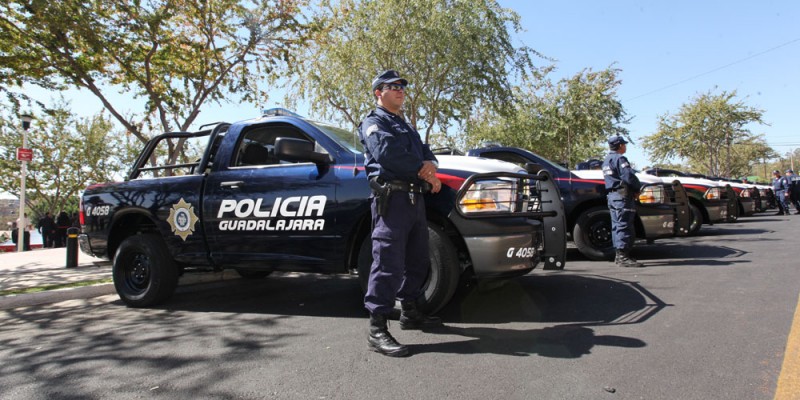
Blog, Latin America: Week in Review, Mexico, North America, United States
Gunmen Ambush Mexico Police, Killing 15
April 8, 2015 By Staff
An ambush by criminal gunmen against police in the western Mexican state of Jalisco killed 15 officers and injured five, authorities announced on Tuesday — the deadliest attack targeting the security forces to date since the government launched an offensive against drug cartels in 2006.
The attack targeted state police officers as they drove in convoy on a rural highway linking the Jalisco state capital of Guadalajara with the resort city of Puerto Vallarta. The identities or affiliation of the gunmen weren’t immediately announced, according to the Associated Press.
Jalisco is home to the notorious Cartel Jalisco Nueva Generación (CJNG), or Jalisco New Generation Cartel. The group has been ascending in recent years due, in part, to its adoption of a regional strategy focused not just on Jalisco but on nearby states like Michoacán. The group’s rival in the region, Los Caballeros Templarios (Knights Templar), have faced major setbacks, including the arrest of its leader in February.
The deadly ambush is only the latest incident of its kind to take place in Jalisco. Gunmen killed five federal police officers in a March 19 ambush, later that month staging an attempt on the life of the state’s top security official. The March attacks, according to the targeted official — along with the fatal shooting Monday of a local Jalisco police chief — were carried out in revenge over the March 23 death of the CJNG’s leader in a shootout with the authorities.
Headlines from the Western Hemisphere
North America
- Mexico’s military stemmed the construction of a suspected drug tunnel along the U.S.-Mexican border, according to an Army report on Tuesday, resulting in the arrest of nine people.
- Mexican state-run oil company Pemex has announced that U.S.-based private equity investment firm First Reserve will invest $1 billion in the country’s energy sector — a move made possible by last year’s energy reform in Mexico, which opened the country’s energy sector to private investment.
- A U.S. federal appeals court unanimously decided to uphold President Barack Obama’s 2012 executive action on immigration reform, ruling Tuesday that immigration agents and the state of Mississippi did not have the authority to sue Obama over the DACA program based on claims that it was harmful to their state.
Caribbean
- The U.S. State Department could remove Cuba from a list of countries sponsoring terrorism as early as Wednesday, a U.S. official told CNN on Tuesday, though a formal announcement has not yet been made.
- In the first electoral challenge to Cuba’s Communist Party since the country’s warming of diplomatic relations with the United States, two opposition politicians have managed to get on the ballot for upcoming municipal elections in Havana, although they claim to be facing significant pushback from local officials, who have changed their publicly displayed biographies to label them as “counter-revolutionaries” receiving foreign financing.
- The NBA is holding a four-day basketball development camp in Cuba later this month — with former players Steve Nash and Dikembe Mutombo among those teaching — marking the first time a professional U.S. sports team will visit the island since the United States moved to normalize diplomatic relations with Cuba in December.
Central America
- Sixty female sex workers in Nicaragua are taking a law class to become volunteer legal “facilitators”, acting as liaisons between community members and the country’s often inaccessible justice system.
Andes
- As the Summit of the Americas takes place this week in Panama City, The Associated Press reports that most of Latin America’s leaders have thus far refained from addressing alleged human rights abuses in Venezuela, and are unlikely to do so this week despite insistence from the United States and advocacy groups like Human Rights Watch.
- Gay and lesbian couples in Colombia still face obstacles to gaining equal rights to adoption compared to heterosexual couples, according to the Thomson Reuters Foundation, due to the autonomy of local judges in the predominantly Catholic and socially conservative country.
Southern Cone
- A building in Rio de Janeiro, Brazil, intended to become a luxury hotel in anticipation of the 2016 Olympics has been taken over by around 100 squatters recently evicted from another location, who say they will remain in the building until officials provide them with housing.
- Chile ranks highest of all Latin American countries in internationally recognized tests for quality of education, though many countries in the region do not participate in the exams, which have generated controversy.
- Thousands of Brazilian workers staged protests in 12 cities throughout the country Tuesday in opposition to a proposed law that would allow companies to outsource their labor.
Image: Aristóteles Sandoval, CC BY-SA 2.0
